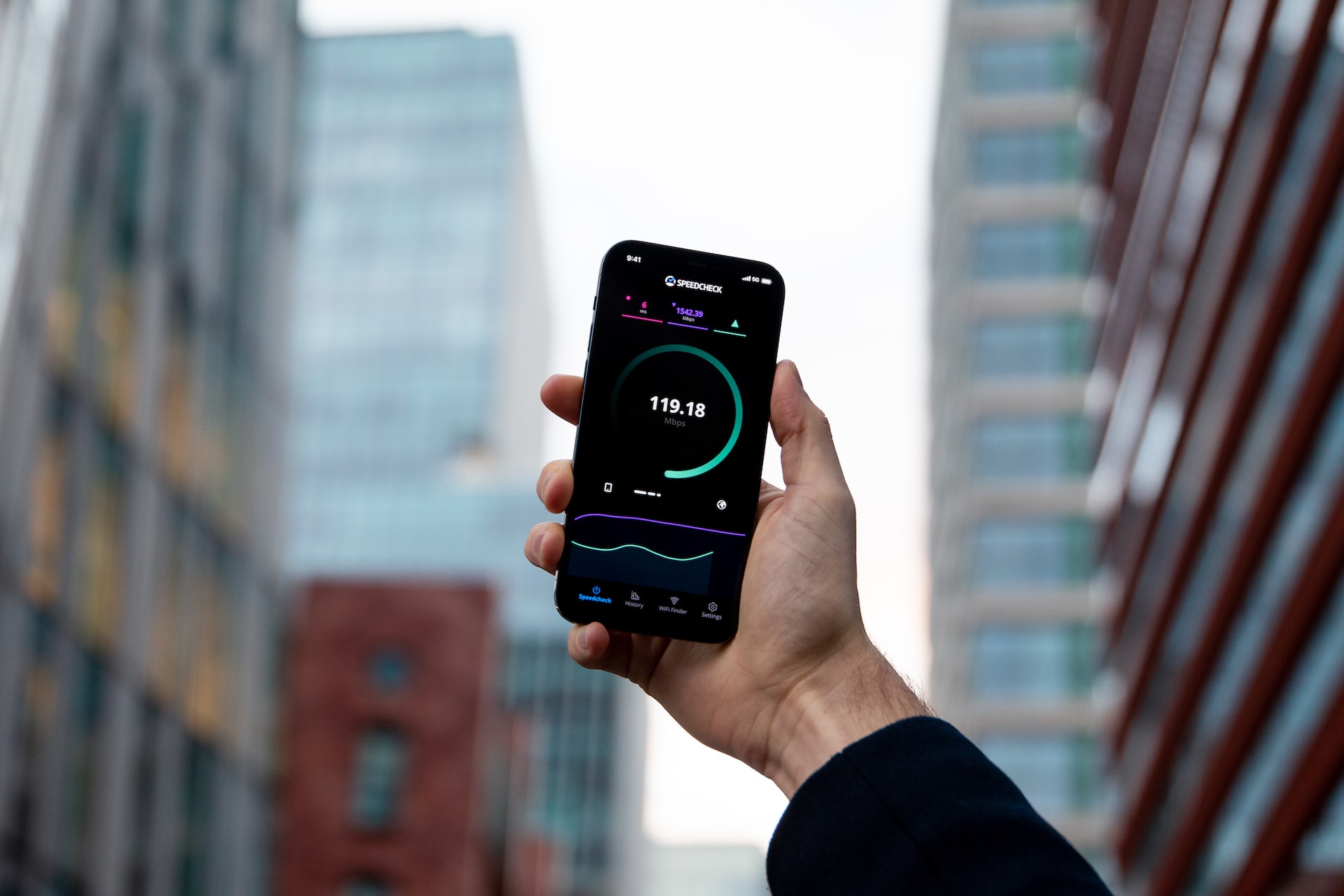In today’s digital age, having a reliable and fast internet connection is essential for most people. Whether you’re streaming movies, working from home, or just browsing the web, having the right internet speed is crucial to ensure a smooth and seamless online experience. But with so many internet service providers (ISPs) offering different internet speeds, it can be challenging to determine the right speed for your needs. In this article, we’ll provide some tips on how to determine the right internet speed for your needs.
Understand Your Internet Activities
The first step to determining the right internet speed for your needs is to understand your internet activities. If you only use the internet to check emails, browse the web, and occasionally stream low-quality videos, you may not need a high-speed plan. However, if you regularly stream high-quality videos, play online games, or work from home, you’ll need a plan with higher speeds.
Consider the Number of Users and Devices
Another factor to consider when determining the right internet speed for your needs is the number of users and devices on your network. If you have multiple devices connected to your network or several users streaming videos simultaneously, you’ll need a plan with higher speeds to ensure a smooth online experience. It’s essential to consider the maximum number of devices and users that will be using your network at any given time when choosing an internet plan.
Check the Available Internet Speeds
Before choosing an internet plan, it’s crucial to check the available internet speeds in your area. Some areas may only have access to slower speeds, while others may have faster speeds available. You can check with your local ISPs or use online tools to find out the speeds available in your area.
Understand the Difference between Download and Upload Speeds
When it comes to internet speeds, it’s essential to understand the difference between download and upload speeds. Download speed refers to the rate at which data is transferred from the internet to your device, while upload speed refers to the rate at which data is transferred from your device to the internet. Most internet activities, such as browsing the web and streaming videos, require higher download speeds. However, if you regularly upload large files or use video conferencing software, you’ll need a plan with higher upload speeds.
Consider Latency and Ping Rates
Latency and ping rates are two other factors to consider when determining the right internet speed for your needs. Latency refers to the time it takes for data to travel from your device to the internet and back, while ping rates refer to the time it takes for data to travel from your device to a server and back. Both latency and ping rates affect your online experience, especially when gaming or video conferencing. It’s important to choose a plan with low latency and ping rates to ensure a smooth and seamless experience.
Don’t Fall for the Advertised Speed
One common mistake people make when choosing an internet plan is falling for the advertised speed. ISPs may advertise high speeds, but these speeds may not be available in all areas or at all times. Advertised speeds are typically the maximum speed you can get under ideal conditions, such as when your device is connected directly to the modem. Your actual speed may be lower, depending on various factors such as the distance from the nearest ISP node or the number of devices connected to your network.
Test Your Internet Speed
After choosing an internet plan, it’s important to test your internet speed regularly. You can use online tools to check your speed and ensure that you’re getting the speeds promised by your ISP. If your speed is consistently lower than what you’re paying for, contact your ISP to troubleshoot the issue.
In conclusion, determining the right internet speed for your needs requires careful consideration of your internet activities, the number of users and devices on your network, the available internet speeds in your area, and other factors such as latency and ping rates. It’s essential to choose an internet plan that meets your needs without overspending on unnecessary speeds. By following these tips and taking the time to research and compare available plans, you can find the right internet speed for your needs and enjoy a seamless online experience. Remember, it’s not always about the highest speed, but rather the speed that suits your specific online activities and usage.








